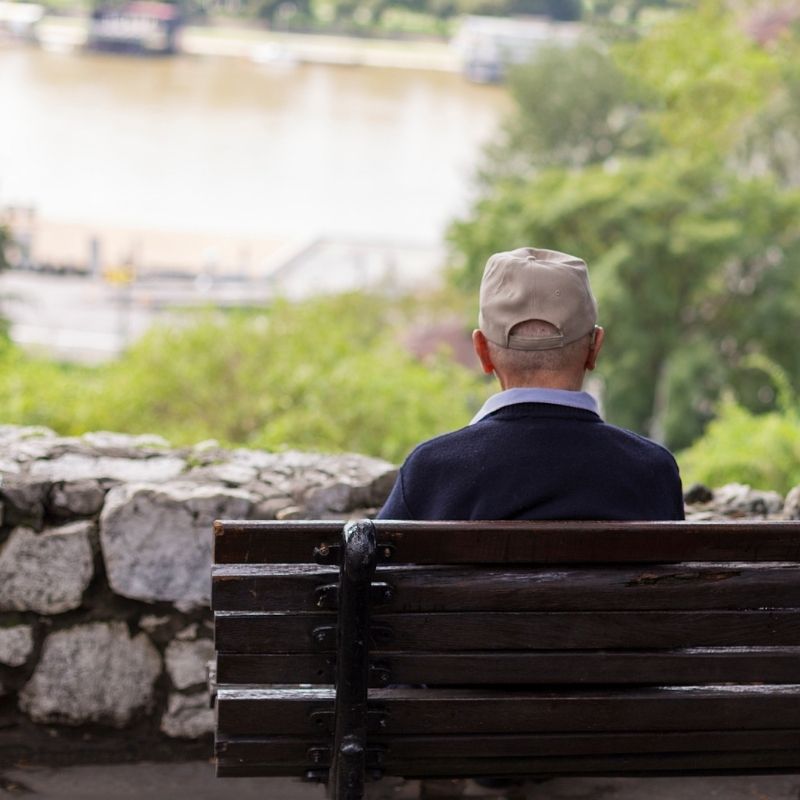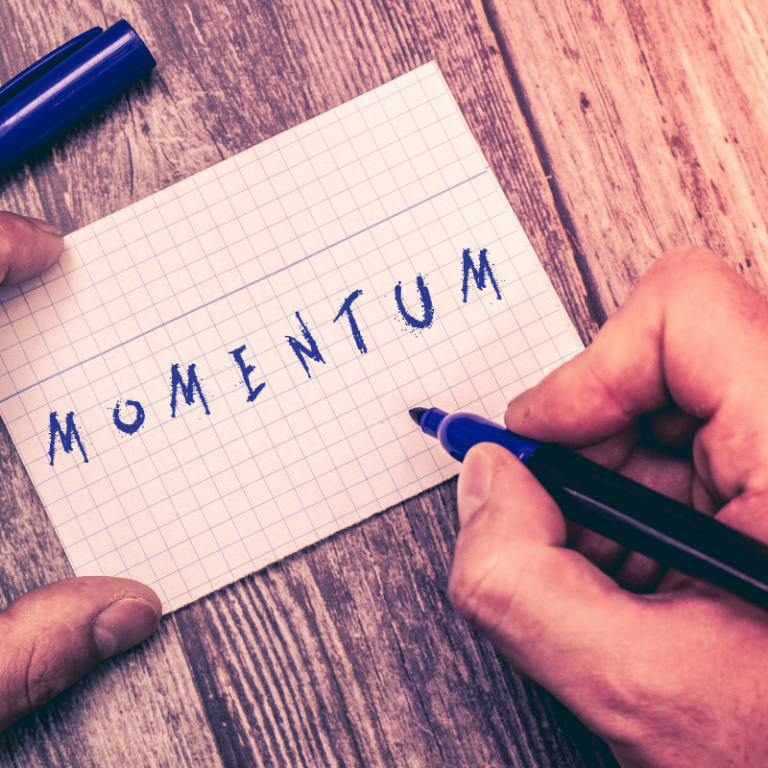An Ode To Buddy And Why I Named Mony’s Father After Him
An avid fan and supporter of the Bakken series posed this challenge. She said, “I think you should write a blog about your dad.”
My first reaction was—yikes! For some reason, it felt too personal. I’ve commented in past interviews that Mony’s father’s name—Buddy, is also my dad’s. Still, it didn’t seem unreasonable for this fan to have a natural curiosity about the correlation between Mony’s father, and mine. This fan had a vested interest. You see, Buddy was her grandpa.
My children were young when Buddy passed away after losing a five-year battle with Multiple Myeloma. When I reflect on memories of him, I often think about experiences as oppose to what kind of person he was or what sort of relationship we had.
Dad was in his early thirties when I was born. Being his oldest child, I ushered in plenty of firsts, paving the way for the rest of my siblings. And there wasn’t anything we did that he hadn’t tried in his youth.
Dad wasn’t the disciplinarian in the household however that distinction went to my mom. The, “wait until your father gets home,” threat held no weight in our house. I should also note, it was my younger siblings that contributed to both my parent’s premature gray hair.
One of my earliest memories of dad occurred when I was less than four years old. Child development experts would say children have no cognizant memories prior to their preschool age. I disagree. I have lots of memories between the ages of two and five. Or maybe the stories were told so many times they just stuck in my head.
The memory goes like this:
Dad and I were walking down the driveway of our farm (about a quarter mile) one morning to get the mail when a crop-duster flew overhead. We stood in the driveway and watched as the pilot began its approach to spray the field adjacent to our family property.
In my mind’s eye, I can still see the plane dropping out of the sky as if it were going to crash-land in the middle of the field. It suddenly levelled off skimming the tassels of the corn field, while releasing its chemicals before pulling up into the air. In a word, it was amazing. We’d stood there for a long while, my dad as mesmerized as I by the sight. It wasn’t until the drift from the chemicals became apparent that we moved on.
Even more exciting was after the pilot had finished, the wings of the plane gently tipped from one side to the other as I waved in frantic appreciation from my inferior vantage point. Dad said, “It was the pilot’s way of waving back.” Dad’s will tell their children all sorts of quaint tales for their amusement, but I’ve since googled the wing-wave, and what he said is true.
Here is common demographic information about my dad:
Buddy was born the youngest of eight children on September 26, 1926. He was eight years younger than his next sibling. And he was first generation born in America to a German immigrant family in rural Minnesota.
He grew up during the depression and attended a country school a couple mile from the family farm until eighth grade. Dad served a stint in the Army and married my Mom in May of 1960. He worked the family farm for several years before selling when his brother and business partner, Johnny died in a car crash, an event he silently grieved until his own death in 2003.
After selling the farm, he took on various blue-collar jobs such as construction work and driving bulk milk trucks for a while, before landing a permanent job at Associated Milk Producers Incorporated (AMPI) where he retired from the work force.

My Memories Of Buddy
I didn’t see much of my dad growing up which may explain why I don’t have those Hallmark-like memories when thinking of him. He worked odd hours, most holidays and weekends. In addition to his regular job, he would often use his earned vacation time helping area farmers (his true passion) bring in the fall crops to supplement the family income.
Money always seemed tight, but we never went without the basics. I remember him being tired a lot and somewhat unapproachable. He wasn’t an unfriendly man. My dad was a very social and had many friends or drinking buddies in the community. He was the favorite uncle. Many of his nieces and nephews, along with a few first cousins were around his own age.
My perception of him being distant may be attributed to the swing shift hours, he worked. As kids, my mom was always scolding me and my siblings to, “Keep it down, your dad’s been around noise all day. Go outside and play, your dad is sleeping. Play that game at the park. That’s what they made for.”
Family time was a rarity, let alone one on one time with the patriarch. When dad did have a weekend off, mom ensured we made the most of that time by going on picnics at the local state park. After eating we’d take a long walk in the woods, usually in silence.
We visited relatives, or went on a Sunday drive. Sometimes we entertained company. These events tended to be more adult focused however which limited father-daughter interaction. (I should have learned to play Pinochle.) My dad didn’t really have hobbies, but he liked to play board games, cards, croquet or horse shoe. To unwind, he liked to meet up with his buddies at the local bar. And to relax, he’d watch TV. My dad RULED the TV, which is likely why I readily relinquish the remote control to someone else.
An Ode To Buddy
By the time I became of an age to have a meaningful conversation with dad, I’d moved away from home, attended college, started my career in nursing, got married and had a family. Cue, Cat’s in the Cradle, by Harry Chapin. Though he and I shared a common perspective, we never talked politics. He was very—very non-P. C and Archie Bunker was his hero.
If I were to describe other characteristics of my dad, I would say he was a gentle man who never used corporal punishment as a means of discipline. At least toward his daughters. Oh, I’d get a hand upside the head now and again for doing, or saying something, stupid by his standard, but nothing that would leave a bruise or mark. Dumb ass was one of his favorite expressions.
Like many German descendants, Buddy enjoyed a beer, two, three. He was a happy drunk for the most part, his quarrels verbal rather than fisticuff in nature. Grievances were typically directed toward authority, political leaders, or matters out of his control. From my adult perspective, I suspect alcohol was a coping mechanism for life’s injustices. Interestingly, right after he retired, he’d quit smoking and drinking all together, not even a glass of wine at holidays, likely due to the absence of his chief source of discontentment—work.
In Closing
I hope this doesn’t come off sounding as though I harbor resentment toward my dad, or that the two of us had little to no interaction. That would be untrue. We were family, and I could fill pages with quaint stories and heart-warming experiences together. Perhaps because I’m a storyteller, it is my belief that to know someone is to understand their story. May be that’s why I named Mony’s dad Buddy. (Also, the name is cool.)
It is my POV that we are all a product of our upbringing laced with unique experiences that make us who we are. I didn’t have to become a parent to know my parents did the best they could within the scope of their own life experiences.
My life hasn’t necessarily been a smooth sail, but I don’t blame them for that. Even people who supposedly have it all experience hurt, disappointment, unhappiness, trial and tribulations on some level. It’s what we make of it that counts, and my—doesn’t that make for a good story?





